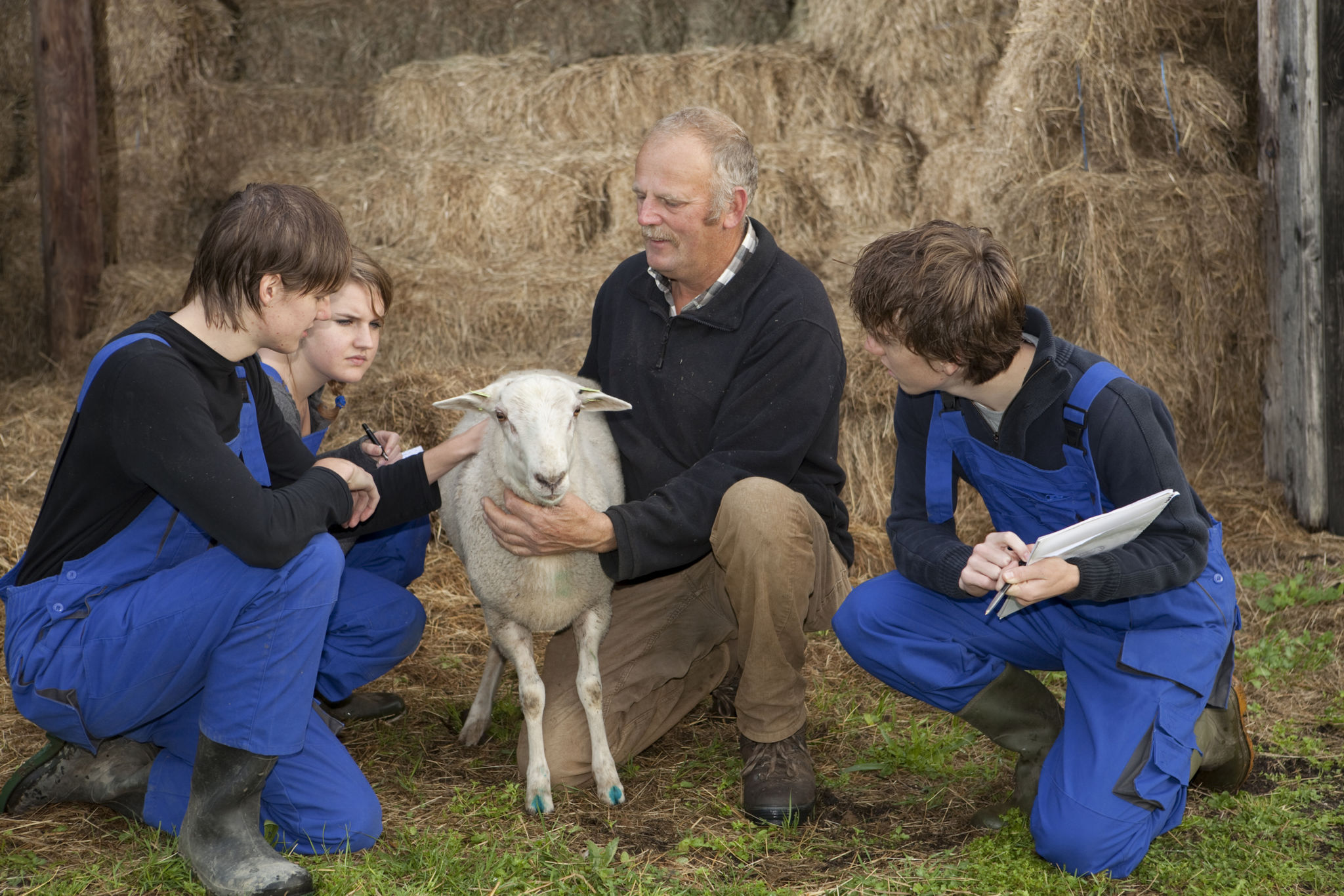The Importance of Agronomic Training for Modern Farmers in Ghana
The Role of Agronomic Training in Enhancing Agricultural Productivity
In recent years, the agricultural sector in Ghana has seen significant transformations. As the backbone of the country's economy, farming holds immense potential for growth and development. However, to harness this potential, modern farmers need to adopt advanced farming techniques and practices, emphasizing the importance of agronomic training. This training equips farmers with the necessary skills and knowledge to optimize crop production and sustainability.

Understanding Agronomic Training
Agronomic training involves educating farmers on various aspects of crop production. This includes soil management, pest control, irrigation techniques, and the use of fertilizers. By understanding these elements, farmers can make informed decisions that enhance crop yield and quality. Such training also covers the use of technology in farming, which is crucial in today's fast-evolving agricultural landscape.
Through agronomic training, farmers learn to implement sustainable farming practices that conserve resources and protect the environment. Techniques such as crop rotation, intercropping, and organic farming are taught to ensure that farming activities do not deplete soil nutrients or harm biodiversity.
The Impact on Farmer Income and Livelihood
One of the primary benefits of agronomic training is its impact on farmer income. By adopting modern farming techniques, farmers can increase their productivity, leading to higher yields and better quality produce. This translates to increased income and improved livelihoods for farming communities. Training also makes farmers more resilient to climate change by equipping them with strategies to cope with adverse weather conditions.

Agronomic training often includes financial literacy components, teaching farmers how to manage their finances better and invest in their farms wisely. This holistic approach ensures that farmers are not only productive but also financially stable.
Challenges in Implementing Agronomic Training
Despite its benefits, there are challenges in implementing agronomic training programs in Ghana. Access to these programs can be limited, especially in remote areas where farmers may not have the means to travel to training centers. Additionally, language barriers and varying levels of literacy among farmers can hinder effective learning.
To overcome these challenges, training programs need to be tailored to the local context. This includes using local languages and adapting teaching methods to suit different literacy levels. Mobile-based training modules can also help reach a wider audience, bringing education directly to the farmer's doorstep.
The Way Forward
To ensure widespread adoption of agronomic training, collaboration between government agencies, non-governmental organizations, and private sector players is essential. These stakeholders can provide the necessary resources and infrastructure to expand training programs across the country. Moreover, involving local communities in the planning and implementation of these programs can lead to more effective and sustainable outcomes.

In conclusion, agronomic training is crucial for modern farmers in Ghana. It empowers them with the knowledge and skills needed to improve their productivity and livelihoods while promoting sustainable farming practices. As the agricultural sector continues to evolve, ongoing education and support for farmers will be key to unlocking the full potential of Ghana's agriculture.
